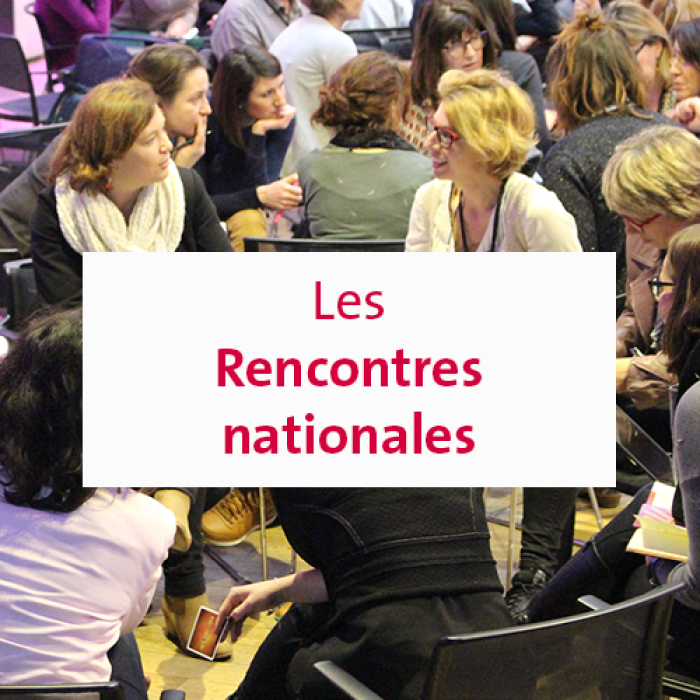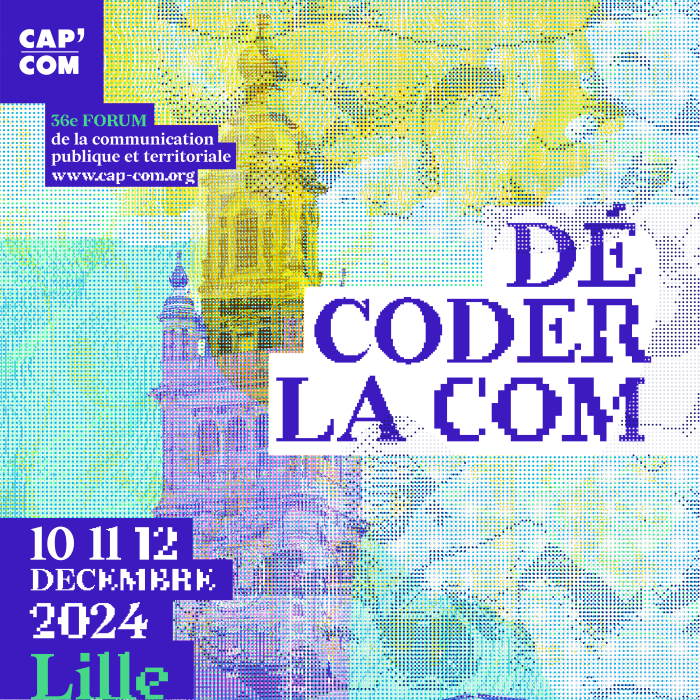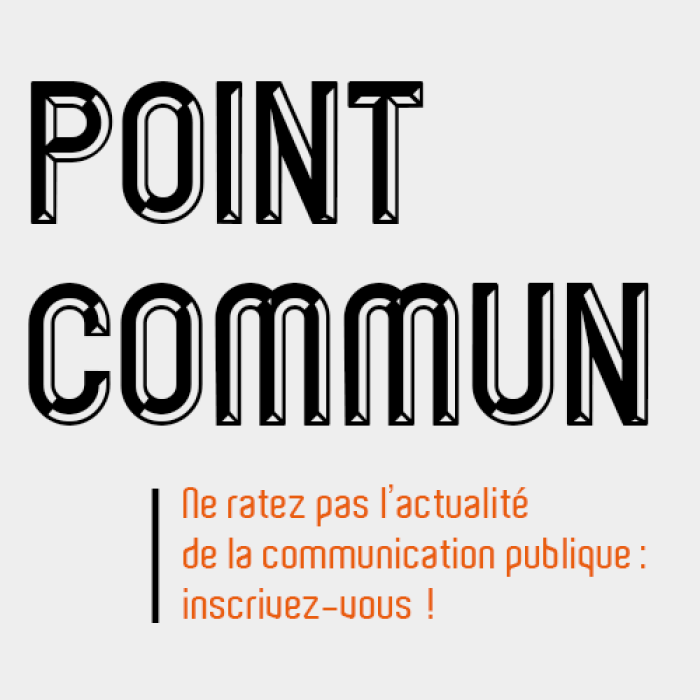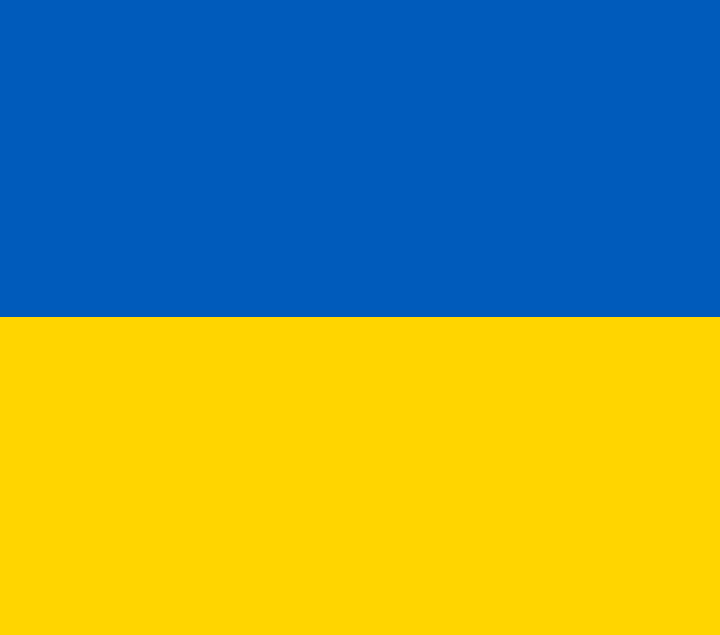
Public communicators and the war in Ukraine
"We cannot remain indifferent": public communicators, like most Europeans, have been shocked by the war in Ukraine. But they can play a role in rallying citizens together.
At a steering committee meeting of the French local public communication network Cap'Com on Friday 11 March, participants expressed their views. “We’re seeing a spontaneous demand at city level and numerous requests from social networks. This once again emphasises the close, ongoing ties we have with users.” There is no question of them staying idle in the face of the scale of the humanitarian crisis.
“Let's take inspiration from the quick response of small communities, via their social networks or apps. Town halls are relaying the call for solidarity.” “We are also rediscovering Europe,” one communicator acknowledged. This European war is creating an outpouring of refugees, with no fewer than 4 million Ukrainians expected to flee their country. “This represents 1% of the EU population,” noted another participant in the Committee, “which means that a metropolitan area like Lille in France would have to take in about 10,000 people!” In fact, Lille is already mobilised as it is twinned with Kharkiv in Ukraine.
Systems are in place
Local authorities and associations of elected representatives have organized themselves through their international networks, such as the French Association of the Council of European Municipalities and Regions (AFCCRE), Cités Unies France and the Confederation of Small Towns of the European Union. And in coordination with government departments, systems have been rapidly set up. Service public.fr, on its page War in Ukraine: how to help Ukrainians from France?, provides all useful links for making a donation or offering accommodation. Using the one-stop shop procedure, local authorities, companies, associations and foundations can provide details of any accommodation they may be able to provide for refugees. A list is then drawn up by the prefectures. French law stipulates: “If the emergency justifies it, local authorities and their groupings can implement or finance actions of a humanitarian nature.” There are therefore no restrictions on what local authorities can do.
A threefold role for helping with the hosting of refugees
The priority for public communicators will therefore be to inform and mobilize in order to help with hosting. Communication can play a threefold role. Firstly, communication with the various local authorities should serve to strengthen their actions within a given region. The regions, departments and inter-municipal organizations can help mobilize municipalities by coordinating the messages in their locality.
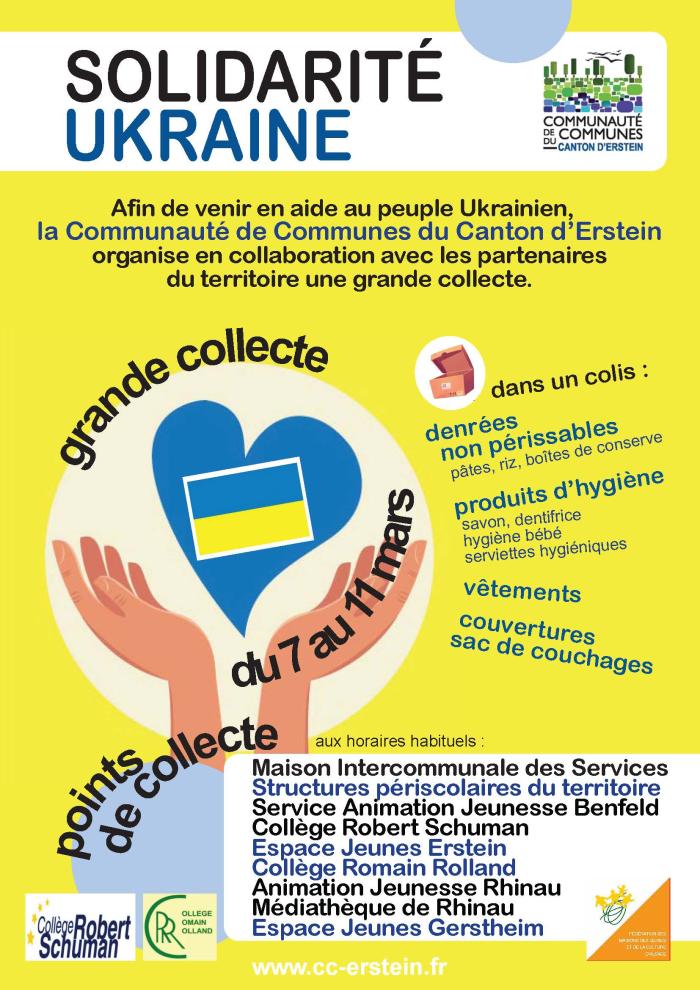
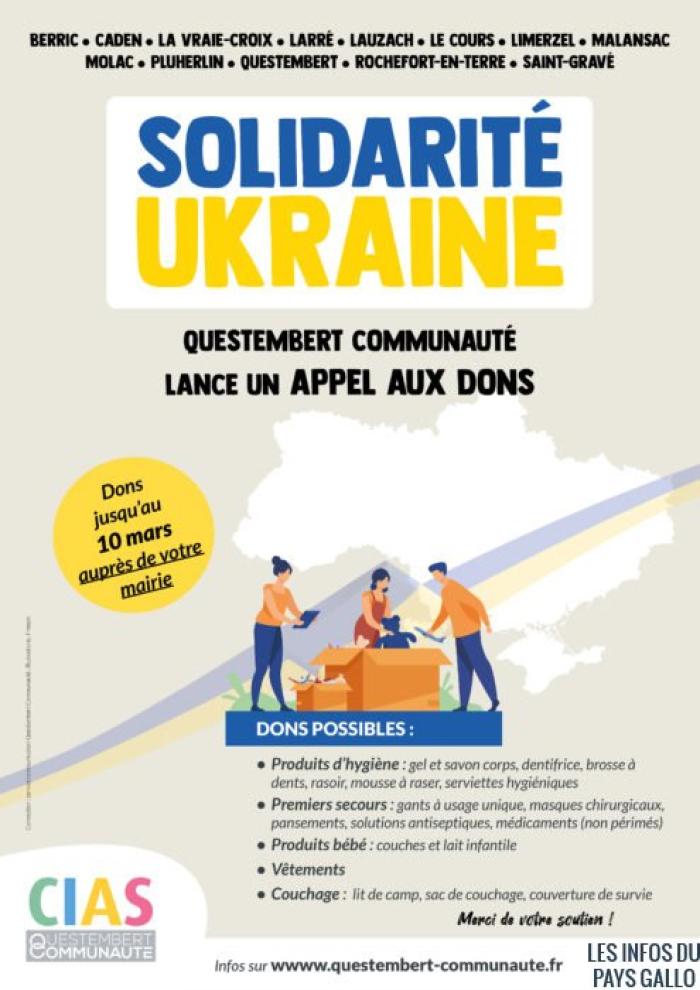
Secondly, internal communication has a role to play in informing staff. In Sarreguemines, France, for example, an appeal for donations from staff has been launched internally. The various services will also have to get involved; community welfare centres, housing associations, charities and even education, to help refugee children join schools in France. Staff will expect their engagement to play a valuable role.
Lastly, the role of communication towards local residents and associations is of course essential. Communication by local authorities and local associations already converged during the pandemic. Now it is a question of coordinating humanitarian information. The associations recognise that the humanitarian drive is exceptional, but work will be required long term to host the refugees and support humanitarian organizations. The steering committee members did not conceal the difference that has become apparent “when we recall the attitudes and treatment of refugee issues in other conflicts, not so far away geographically or in time.” Migratory flows from Syria or Kosovo were then mentioned. The work of public communication, accompanying refugee hosting policies, uses the same methods: providing figures, combating misinformation and highlighting the individual situations of families when they arrive in the host regions (schooling, public aid, solidarity and debunking myths).
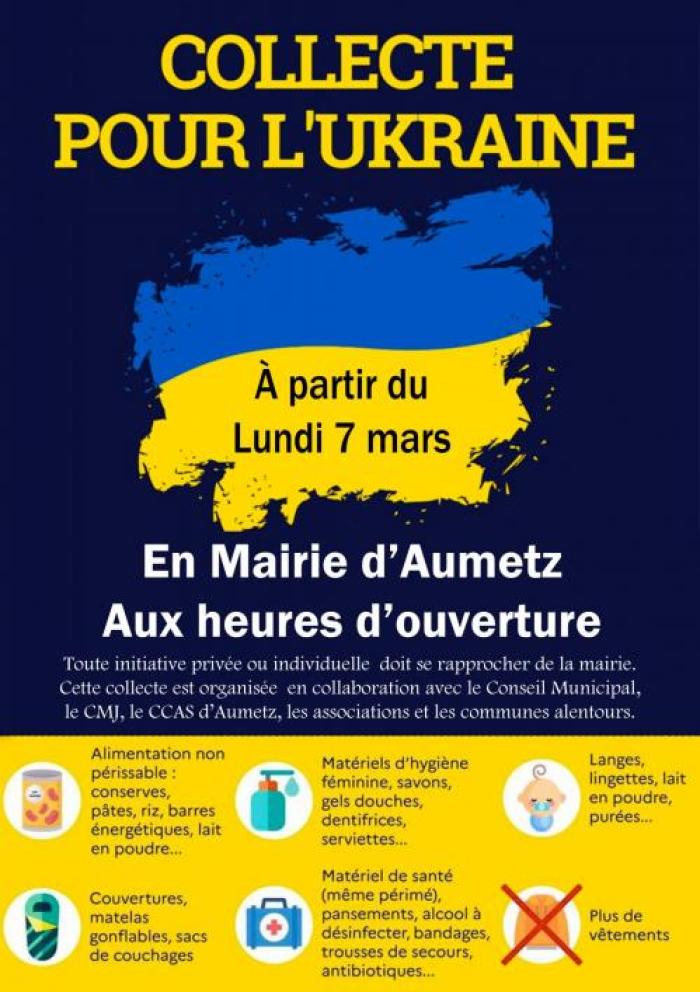
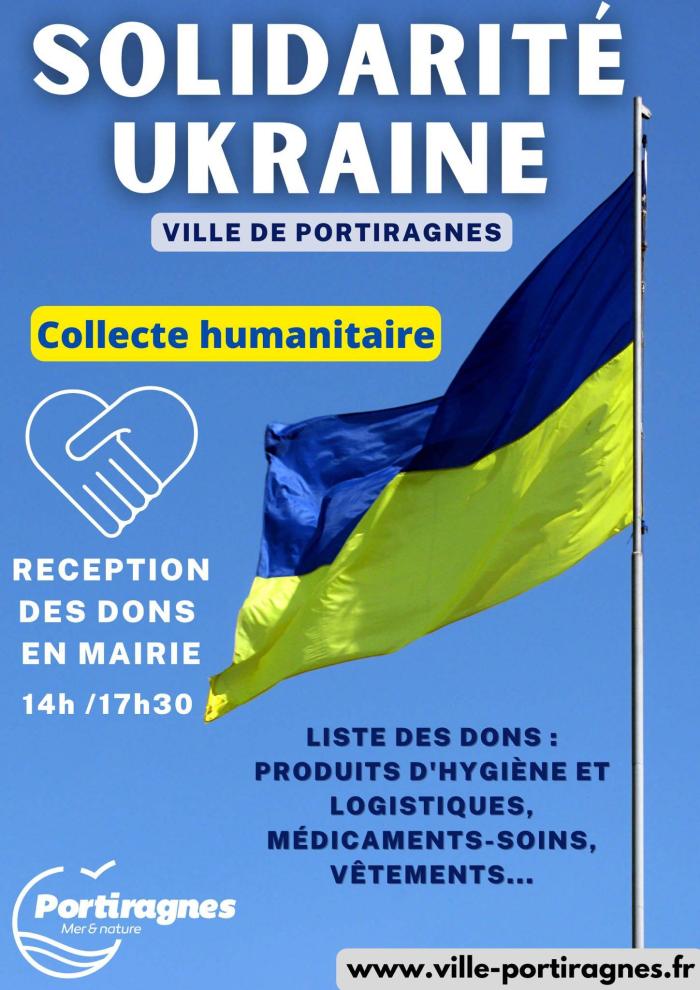
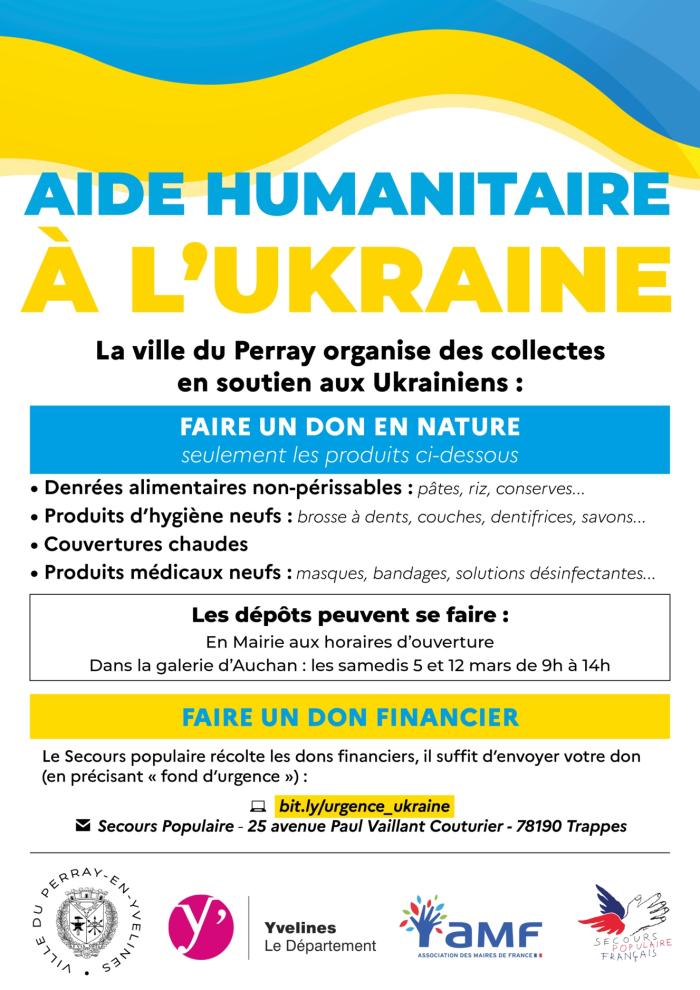
Whether territorial magazines, websites, social networks or posters, the tools of local communicators are also put to good use. These tools are particularly effective, as the Barometer of local communication in France regularly reminds us. All digital communication can provide useful links, such as the official platform Je m’engage pour l’Ukraine, which enables individuals to offer accommodation that has been registered with the prefecture. And everywhere, posters and flags are already lighting up cities with the yellow and blue colours of Ukraine.
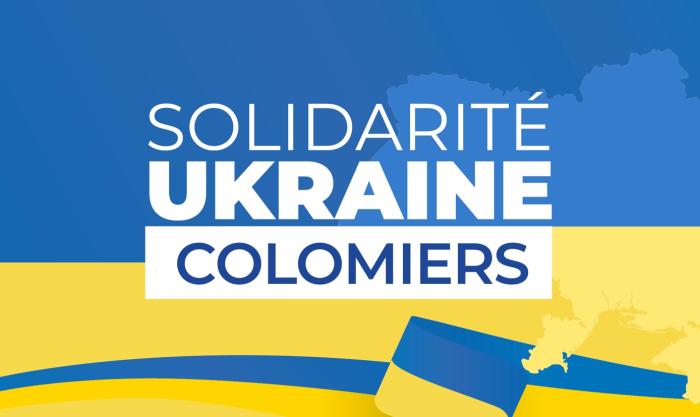
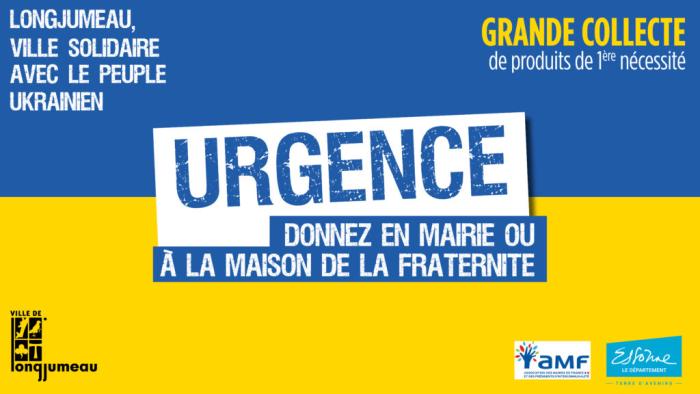
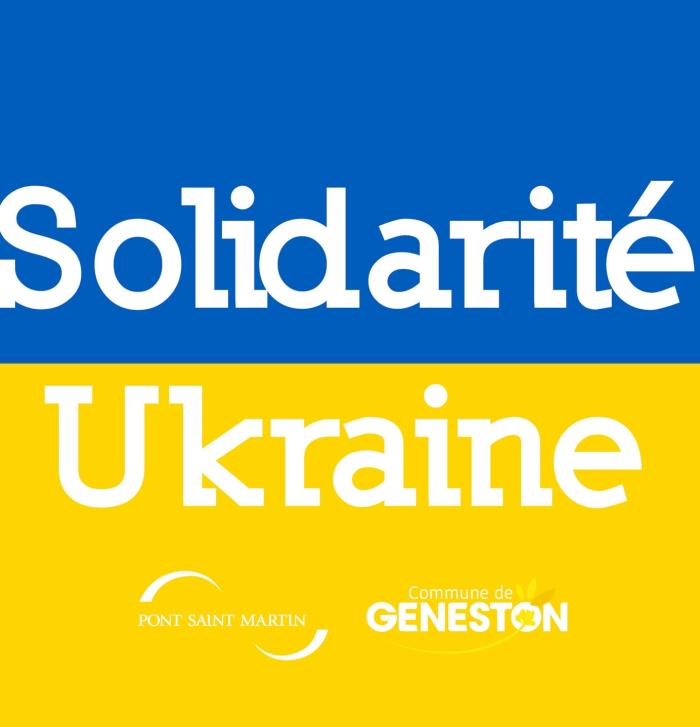
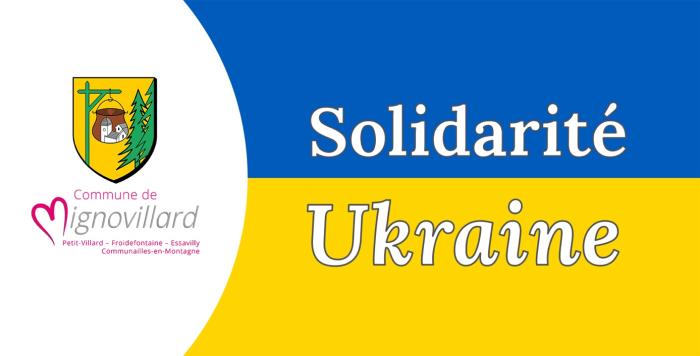
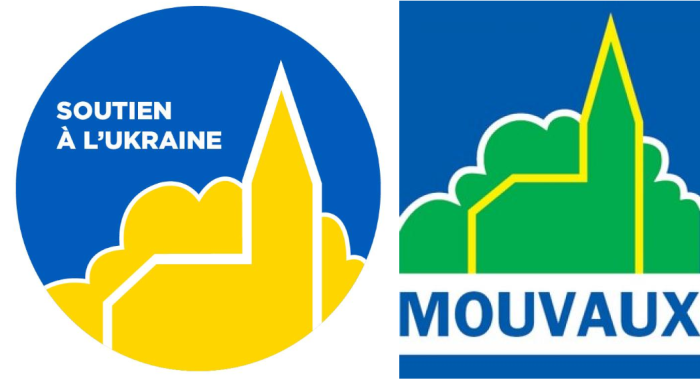
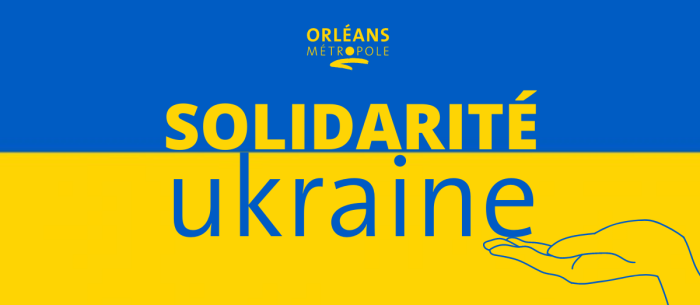
Digital communication in wartime
Even if, to date, there have been few large-scale cyber attacks in Europe, public communicators are fully aware that, like all crisis communication, this must be prepared in advance. Cyberspace may well also become a battleground over the coming weeks. In this context, it is necessary to ensure that vigilance levels are stepped up and that monitoring is also increased, in order to detect any potential incidents and react as swiftly as possible.
One communicator noted that “the risk of information war and the role of social networks in the dissemination of fake news impacting the French presidential election” should not be overlooked. And, as Marc Cervennansky, member of the Cap'Com steering committee, pointed out, the invasion of Ukraine by Russia also reminds us that the use of social networks exposes us to risks on both an individual and collective level. The information war has always existed, but today “the use of social networks can put the lives of users in danger by making information accessible, voluntarily or not, that provides details of activities, opinions and movements.”
In other words, following on from the Covid crisis, public communicators are once again facing considerable challenges. But when they stop and think for a minute about the Ukrainian people, they soon gather their forces again.

